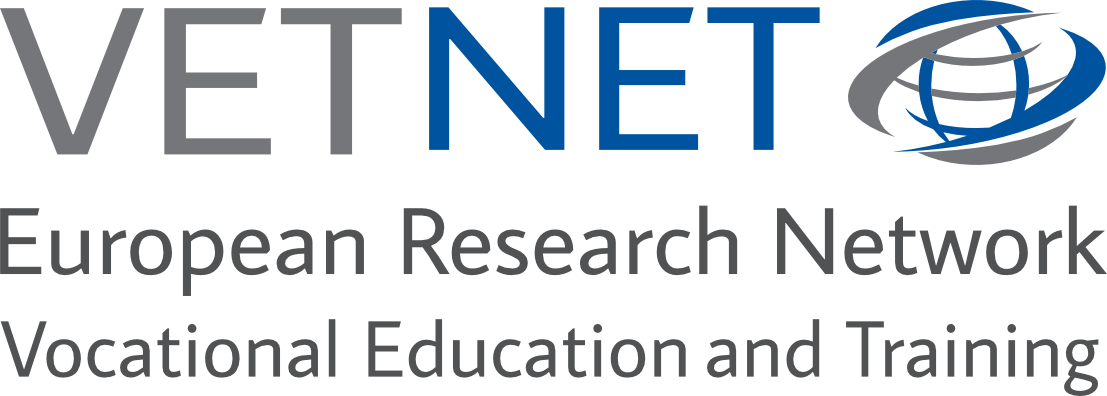Introducing Green, Eco-Friendly Practices and Circular Economy Principles in Vocational Education Through a Novel Analysis-Synthesis Method: Design, Implementation and Evaluation
DOI:
https://doi.org/10.13152/IJRVET.11.3.5Keywords:
Outcomes of Vocational Education and Training, VET, Technical Education, Educational Innovation, Learning Method, Experiential Learning, Green SkillsAbstract
Purpose: A novel, Project- and Collaborative Learning-based educational method is proposed, implemented and evaluated in this paper. The aim is to exploit hands-on laboratory modules in Vocational Education in order to experientially introduce students to green, eco-friendly practices and the principles of sustainability and circular economy. Besides their apparent individual and social benefits, such knowledge and skills are also expected to raise qualifications and employability of Vocational Education graduates.
Methods: The proposed method is tested through a quasi-experimental methodology, via an educational intervention with a class of Vocational Lyceum students, in the field of Electrical and Electronics Engineering. The learning content focuses on the reclaiming and reuse of operational components from damaged electrical/electronic equipment at end-of-life stage. Through repeated Analysis and Synthesis phases, students learn to extract, measure, classify and reuse operational components either to repair similar equipment or to design and construct novel devices.
Results: Evaluation is carried out via closed and open type activities as well as by observation sheets of the teacher. Learning outcomes are evaluated through knowledge post-tests of the closed type while social/emotional outcomes are evaluated through questionnaires. Evaluation results indicate that the proposed method does produce cognitive and social/emotional skills gains for the students. The development of metacognitive skills and the stimulation of imagination and innovative thinking in the students is also observed by the teacher, but not formally evaluated due to practical constraints.
Conclusions: The proposed method is implemented and pilot-tested with positive results both as to the cognitive and as to the social/emotional domain – yet, these results are of an indicative value, due to the limited scale of the educational intervention. Future research is necessary in order to evaluate the proposed method in extent and possibly compare results across education grades or engineering fields, as the method is generic enough to be easily adaptable for different ages/grades and engineering/technical fields of study.
Downloads
Online First / Final Publication Date
How to Cite
Issue
Section
URN
License
Copyright (c) 2024 Nikolaos Nikoloudakis, Maria Rangoussi

This work is licensed under a Creative Commons Attribution-ShareAlike 4.0 International License.





